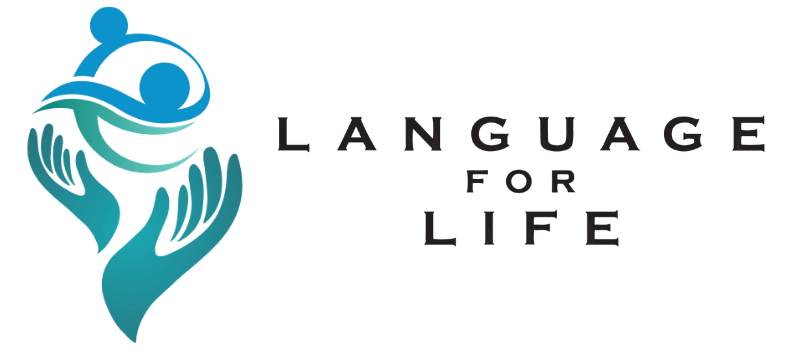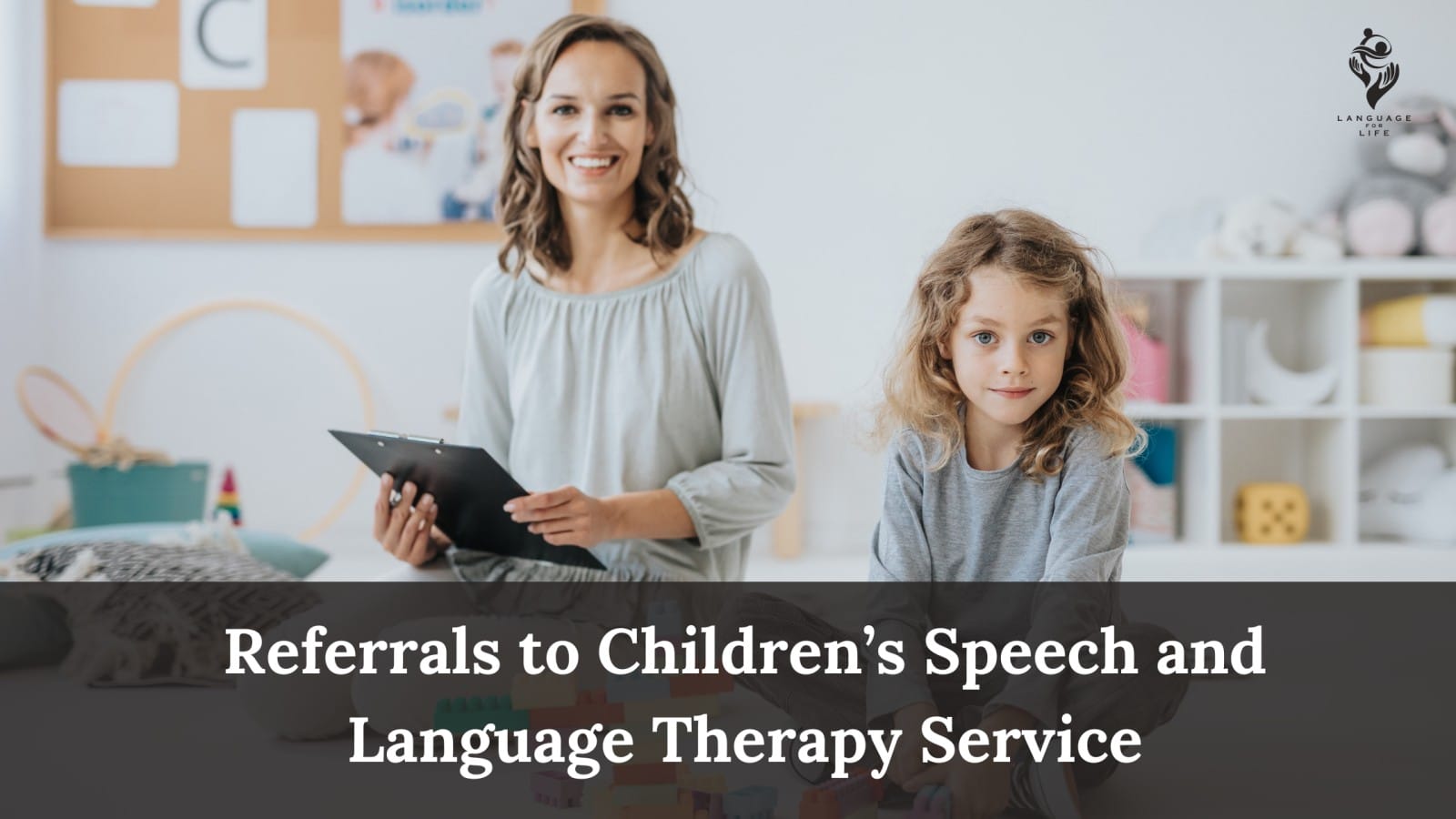The Specialist Children’s Speech and Language Therapy Service provide evidence-based services that anticipate and respond to the needs of individuals who experience speech, language, communication or swallowing difficulties. Services are provided in clinics, schools, Early Years settings and in families’ homes. Speech and Language Therapists often work as part of a multi-agency team providing prevention and training, assessment, diagnosis and intervention to children, young people and their families.
AGE RANGE AND ACCESS
- Children aged 0-18 years with consent from the person with parental responsibility (Children between 13 years and 16 years (if Gillick competent) can give their own consent but should be accompanied by a caregiver to the first appointment)
- Children up to the age of 19 in special circumstances (ADHD, ASD, Complex disability, Special Educational Needs)
- Children who are resident in North Somerset Children registered with a North Somerset GP
- Children who attend a Special School in North Somerset
- Children who attend mainstream school in North Somerset
- Children ‘Looked After’ by N. Somerset Council, where practically possible
- Children ‘Looked After’ by other Local Authorities but placed in North Somerset, where medical follow up by local Speech and Language Therapists is impractical. Information about the Local Authority who has responsibility for the child will need to be included in the referral, otherwise it will not be accepted. An extra-contractual referral agreement may be required.
TYPE OF PROBLEM
Speech and Language Therapy Services are available to children and young people where there are concerns about speech, language and communication and/or eating, drinking and swallowing difficulties.
You can refer children and young people for the following types of problems:
- Speech: Phonological and articulation (including as a result of structural abnormalities, e.g. cleft palate)
- Difficulties understanding or using spoken language
- Specific language impairment
- Social Communication Impairment
- Eating, drinking and swallowing difficulties from weaning, that are part of a complex condition
- Disabilities/diagnosed conditions which could affect communication skills e.g. Cerebral Palsy, Downs Syndrome
- Voice Non-fluency and stammering
STATUTORY WORK
This includes medical advice for Statements of Special Educational Need (SEN).
HOW TO REFER
Complete the Single Point of Entry form and send to the address on the form and attach any supporting information which would be of help.
There is always someone available for advice if you are not sure what is appropriate.
CONSENT
It is always expected that consent has been obtained from someone with legal parental responsibility for the child before a referral is made.
Young people aged 16 and above are able to consent to a referral in their own right. Some young people under the age of 16 who have the capacity to consent to a referral can also do so although it is essential that a person with legal parental responsibility accompanies the young person at least to the first assessment appointment so that a detailed childhood history can be taken. Rarely, a young person may want to attend an appointment with a paediatrician on her or his own. These cases would need to be discussed first with the Speech and Language Therapist. Although it is always usual to attempt to gain parental consent for a referral, we will see such young people on their own as appropriate. In such cases, the referrer should give careful consideration to any risks involved to the young person and assess the capacity of the young person to consent to the referral.
WHO CAN REFER?
Speech and Language Therapy operates an open referral system so anyone can make a referral with consent (see above), providing the referral information meets a threshold of concern described in the referral criteria for SLT.
HOW TO DECIDE IF REFERRAL IS APPROPRIATE
It is appropriate to refer if the communication difficulty is causing significant concern to parents and/or other carer/professional and is affecting the child or young person’s ability to function adequately within their normal environment.
WAHT guidelines in the Toolkit provides information and guidance on what is an appropriate referral
HOW TO DECIDE WHO IS NOT AN APPROPRIATE REFERRAL
Some children may be late in their development of speech and language but will not need to be referred to a Speech and Language Therapist. This includes:
- Children who are late talkers with no evidence of abnormal development and who have an appropriate level of understanding. They are likely to make spontaneous progress with access to a stimulating communication environment
- Fussy eaters or children who are having difficulty making the transition to lumpy foods (in the absence of any complex problem)
- Children or young people with general development delay where speech, language and communication is at the same level as their other abilities.
WHAT WORK NEEDS TO BE DONE BEFORE MAKING A REFERRAL?
Check the child’s communication against the guidelines in the Toolkits (available electronically from Therapies Secretary, Drove Road or ask Speech and Language Therapist).
Where referral is not indicated at that time:-
Employ strategies to enrich the child’s communication environment. Generally increase the child’s opportunities to communicate. This may include consideration of a rich communication environment such as a Children’s Centre or other Early Years placement.
If the child makes no noticeable improvement in their communication skills refer to SLT.
WHAT INFORMATION IS NEEDED WHEN MAKING A REFERRAL via the SPE form?
Please include:
- Child and family details
- The nature of the problem with examples of difficulties
- How long the problem has been apparent
- What has been done so far to address the problem.
- For school age children attach any relevant IEPs (Individual Education Plans)
- How the problem is impacting on the child or young person in his/her environment
- The Service is likely to request additional information from the child’s school, if the school hasn’t already completed it as part of the referral
- For specific areas of difficulty you may be asked to complete a checklist before the child is seen for assessment
- Health visitors Family Health Needs Assessment
ETHNICITY MONITORING
Please note that we have a legal requirement to monitor ethnicity as defined by the child or young person themselves or by a parent with legal parental responsibility in the case of a young child. This means that the ethnicity section on the referral form must be completed please.
Credit to: NHS

